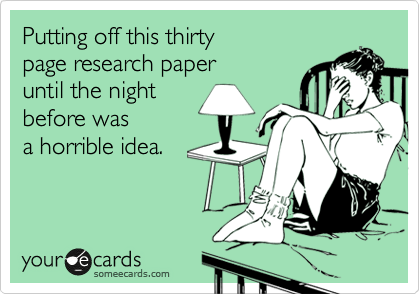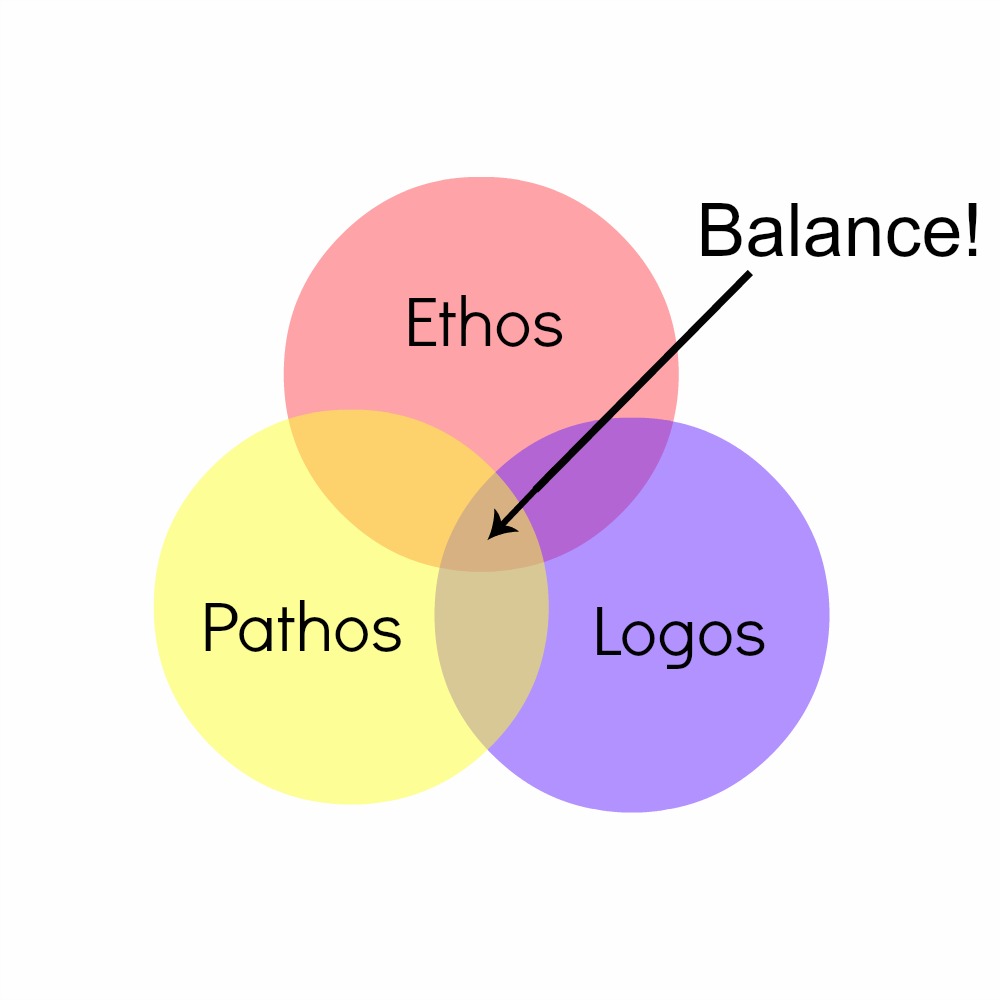This semester was a wild ride. I started off my college journey by taking an English composition class. There were ups and downs; things I struggled with and things I excelled in. I learned from others and I learned more about myself. By taking this class, I grew as a student and writer.
It got me to think about my college goals. At the beginning of the semester, some of my goals were simply to get good grades and finish assignments on time. I achieved my goal by generally getting A's on my papers and handing them in when they were due. Another goal was to manage my time well. Although I allowed myself enough time to work on most of my assignments, when I was assigned my research essay, I found that I hadn't given myself enough time to write it at a relaxing pace. Next semester, I would like to plan ahead much better and begin working on my biggest paper in advance, long before the paper is actually due. That way, I won't be cramming so much work in a small period of time, which would reduce my stress and help me be the best writer I can be.
This class helped me to learn how to research, while also helping me discover what I like and don’t like about the process. How I researched my topic was by simply searching for articles about restaurants and portion sizes through Google and online databases. While I did some research before I began writing my essay, I continued researching as I wrote because I realized I needed more information to support my argument as I went along. Some of my points were about obesity and food waste, which needed specific statistics to back them up properly. There were many different articles about my topic, which I enjoyed reading. It was nice to read others’ opinions that were similar to my own, but also interesting to learn about others’ thoughts on the subject I had never considered. I disliked finding out that some sources included statistics that were too old to include. To best support my argument, I had to search a bit longer for newer study results and statistics. Sometimes it was difficult to find the exact information I needed, but it was fairly easy to figure out how to cite the sources when I found ones I could use. Although I have no idea of the exact amount of time spent researching, it may have been better to spend even more. If I had started working on my paper in advance, it would have allowed me to enjoy the research process more.
The research essay assigned in this class encouraged me to find new and surprising source information. While researching, I was surprised to find so much information about restaurants and their menus. I thought there would be enough information on my topic, but I had no idea there would be as much as I found. It was also surprising to find that authors of several articles online often quoted or paraphrased the same works, which I found interesting. When researching, I learned about many statistics and study results about my topic I never knew before. Naturally, I also learned about others' ideas, thoughts, and insights about the topic. It was interesting to find that source information could come from a cookbook. In the cookbook, More-with-Less, the author sprinkled her own thoughts, opinions, and information she gathered about nutrition, eating habits, and how to avoid wasting food. I wanted to include a print source in my paper, but didn't have enough time to run to the library for a book. So, my mom suggested that cookbook, which we happened to have at home with our other cookbooks. I was skeptical that I would find anything that would add to my paper, but as I skimmed through it, I found many interesting things she wrote. One quote stood out to me, and I included it in my paper. It helped me to create a whole separate point which I think improved my essay.
It helped me to write a research paper I am proud of. One of my favorite parts of my essay is my introduction, because I wrote about how fun eating out is before I stated my argument. I think it makes my paper seem more personal and conversational. Another aspect of my writing I like is how I addressed both sides of the situation, which makes my paper be relevant to those in the restaurant industry and the consumers. I’m glad that I was able to include source information by paraphrasing, summarizing, and quoting. As much as possible, I tried to alternate between these different ways of integrating sources. While I did use a variety of sources, I made sure to state my own thoughts and opinions in my own words as much as I could. I think I was able to mesh my words with others’ words and ideas in a balanced way.
This class helped me to think about what my professor might want me to include or exclude from my paper. My professor has mentioned that she strongly dislikes when I use the word “the” too often when it is unnecessary. Because of this, I made sure to go over my paper and take out the word "the" wherever I could. I’m not sure if she will notice the absence of this word, but I think she would like it if she does notice it. Also, I think she will like that I added variety to my Works Cited page by using digital and print sources.
This class has helped me to improve as a student. At the beginning of the semester, I did not know what MLA format was, and now I know how to use MLA on my computer at home and on the computer at school. As far as internet skills, I also feel like I have learned how to find valuable information and tell the difference between reliable, accurate sites and mediocre sites. While researching, it was very helpful to organize quotes and information I was thinking about using in documents on my computer, and making sure to include necessary information for in-text citations after or before each quote or bit of information. With this system, I was able to organize source information into different categories, while knowing all the necessary information for each quote. I would definitely recommend this system to other students.
While I have learned quite a bit this semester about my strengths, I have also learned about what I can improve. I would like to make sure to outline my next research paper in as much detail as possible earlier on in the semester because it would help to focus my research and save time. By taking this class, I learned about what I excelled in and what I needed to work on. I also learned about how to research, which helped me to create a research essay I feel good about. Overall, this class helped me to improve my writing skills and become a better student. The semester was a wild ride, but it was well worth it.
Written by Hayley Leach













